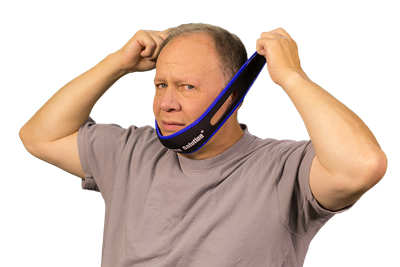What is excessive sleeping or oversleeping?
The normal nighttime sleep from 7-9 hours cannot be
considered as excessive sleeping for adults. Similarly, the children sleep
hours change with their age and growth. However, in some cases we see the
people sleeping beyond the normal sleep hours. Even some people cannot control
their sleep while on work. After sufficient sleep during the night, they seem
to be feeling sleepy during the daytime. You may have noticed people sleeping
while traveling on a bus, train or airplane. Let us differentiate the condition
of excessive sleeping from usual sleep.
5 Probable causes of excessive sleeping
There are different causes of excessive sleepiness during
the daytime. However, the main reason behind the prolonged daytime sleep is
deprivation during the night. The night is best for sleep. 6-8 hours quiet
night sleep refreshes the body systems. The daytime or extended sleep is mostly
due to lack of sleep during the night. The probable causes of excessive sleep
are as under:-
1. Obstructive
Sleep Apnea
Sleep apnea is one of the major causes of sleep
deprivation which results in excessive sleepiness during daytime. Obstructive
sleep apnea causes a disturbance in sleep but the individual does not know
about the condition. However, a roommate or spouse sleeping next to the bed can
notice the condition. We will discuss sleep apnea in another post.
2. Sleep
deprivation
Sleep deprivations may also lead to excessive sleeping.
However, the individual can recover with rest. The repeated exposure to sleep
deprivation can aggravate the condition followed by other symptoms like
headache, nausea, lethargy, apathy, and fatigue.
3. Sedating
medicines
Uses of sedating medicines also cause an increase in
sleep. Even the patient sleeps more during the daytime. The sedative medicines
prescribed by a doctor are given for a specific period. Continuous use of
sedating drugs can cause other complications. So, it is recommended that the
use of sedating medicines beyond medical advice should be avoided.
4. Certain medical
and psychiatric conditions
Some particular medical and psychiatric conditions also
cause excessive sleep. The patient sustaining concussion feels drowsiness
during the daytime. Some of the Neurological conditions like Parkinsonism also
lead to excessive daytime sleepiness. Psychiatric illness like depression and
anxiety may lead to daytime sleep. The patients suffering from
depression/anxiety either sleep too much or feel sleeplessness.
5. Unbalanced
lifestyle
The smartphone has brought a change in the lifestyle of a
common person. This change also affected the natural sleep of the people. The
easy, uninterrupted and portable access to social media and other platforms has
made the people too busy that they don’t care about the sleep and rest hours.
Especially, the young generation has become the target of this access.
Connecting with the mobile phone keeps the user awake unnecessarily during the
night. This irregular sleep also causes excessive sleep during the daytime.
How to control excessive sleeping?
Once you know about the cause of excessive sleep during
the daytime, you can easily manage it except medical and psychiatric
conditions. The individual or his roommate/partner can understand the reason
for excessive sleepiness. For any medical and psychiatric cause immediately
consult the physician. However, for self-imposed causes like voluntary awaking
during the night and use of sedative drugs can be controlled with motivation.






